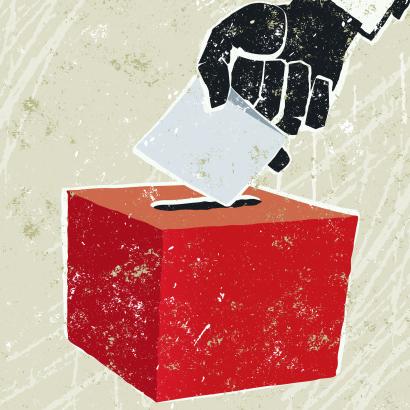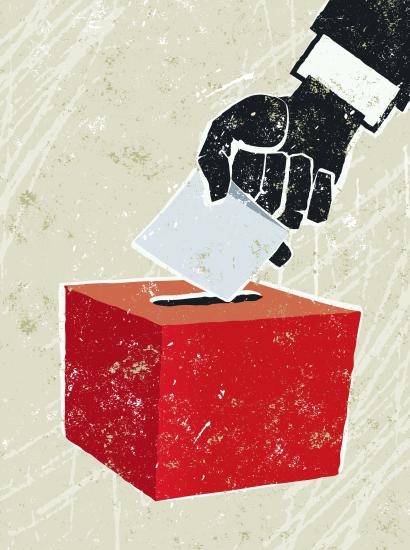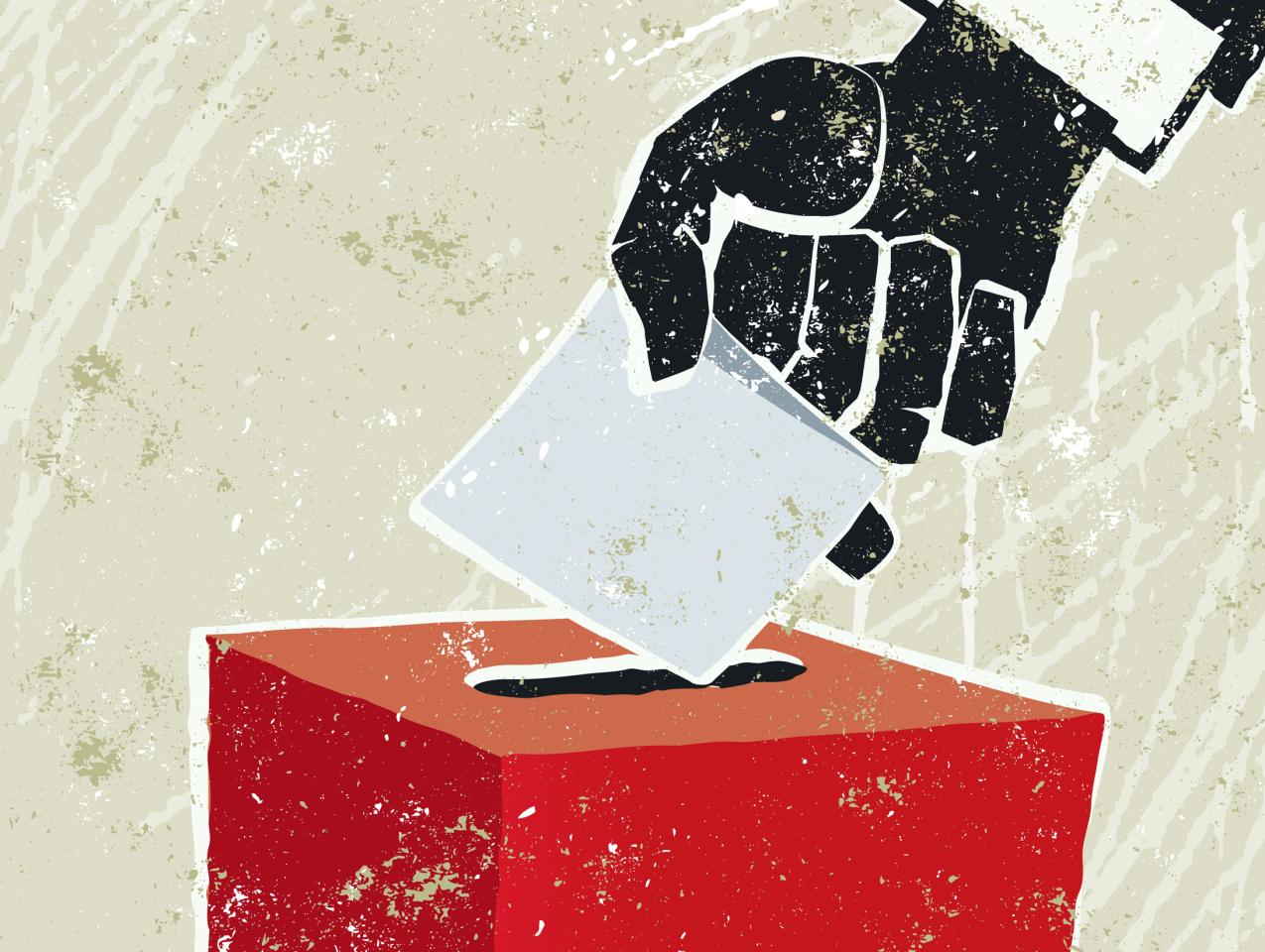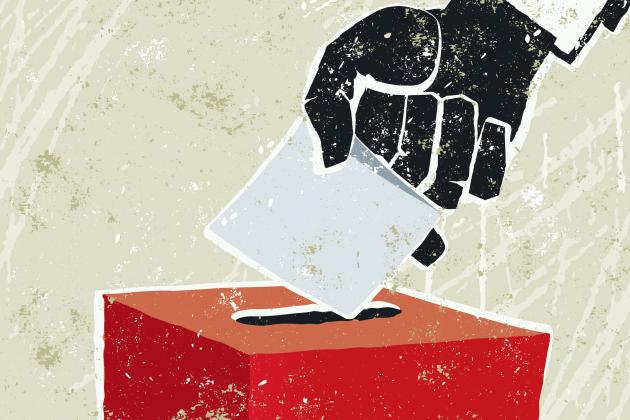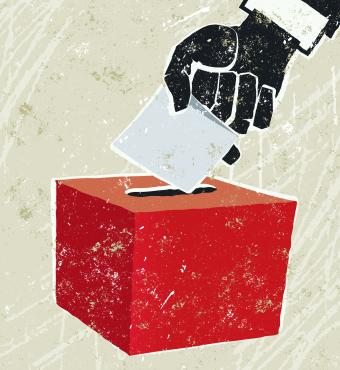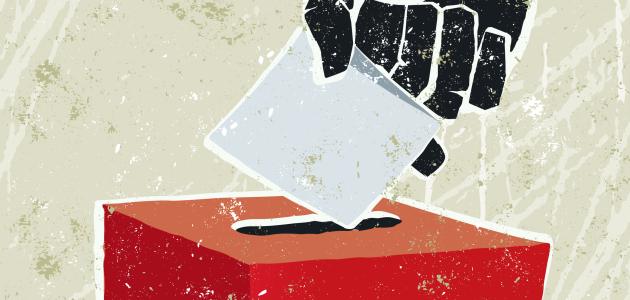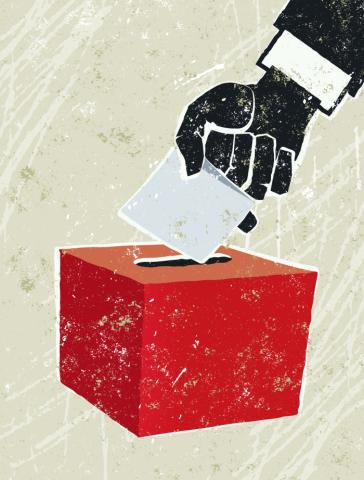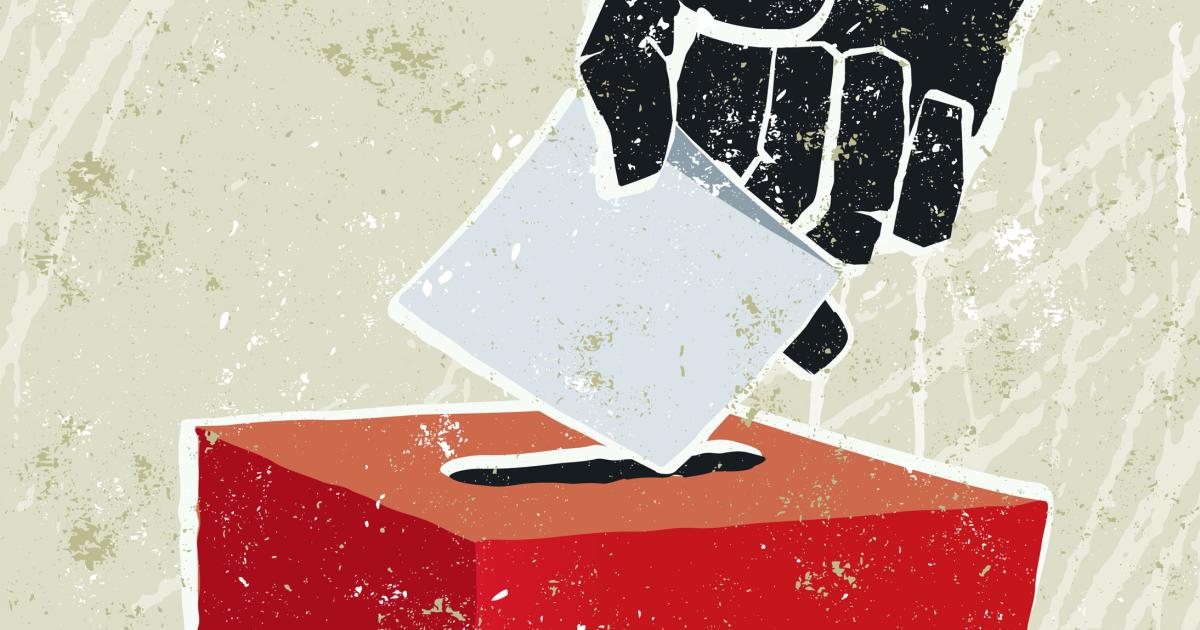- Politics, Institutions, and Public Opinion
- Campaigns & Elections
- State & Local
- California
A funny thing happened to California on the way to its moment of glory as the decider of the fate of the next Republican presidential nominee. Texas Senator Ted Cruz and Ohio Governor John Kasich abruptly quit the race in early May, a month before California’s June 7 vote, leaving the California landscape wide open to Donald Trump.
Quicker than you can say “Lucy pulls the football away,” the Golden State found itself flat on its back, once again without a significant role in the selection process (the Democratic contest between former Secretary of State Hillary Clinton and Vermont Senator Bernie Sanders has been pretty much a given going back to March).
The last time California was a real player in primary season? Ronald Reagan needed the Golden State to stay alive, in 1976, during his challenge to Gerald Ford. Otherwise, we’re looking at 1968 and Robert F. Kennedy’s fabled run that ended in tragedy – and 1964 and the GOP ideological rift that pitted the conservative icon Barry Goldwater versus the decidedly moderate Nelson Rockefeller.
This isn’t to suggest that California is irrelevant in 2016. In fact, the Golden State offers a lab course in political science thanks to a revamped primary system that creates a single ballot open to all registered voters, with the top-two finishers in congressional and state elective offices to advance to the general election regardless of party affiliation.
(Note: for June 7, California’s Republican presidential primary is open only to Republicans; the Democratic primary is open to both Democrats and non-affiliated voters.)
In other words, two Republicans could advance to a general election run-off, as could two Democrats or two members of a lesser party (one complaint about the open-primary system being that minor party candidates have little chance of making it to the November ballot).
Where California’s open-primary may have its greatest impact in 2016 is November’s election to replace the retiring Senator Barbara Boxer. In a state that’s become far more Democratic than Republican in the 24 years since Boxer first took office (registration today tilts 43.1% to 27.6% in favor of Democrats versus 46.8% to 39.6% in 1992), there’s a good chance the two finalists in that Senate contest will be a pair of Democrats – State Attorney General Kamala Harris and Representative Loretta Sanchez from Orange County.
Should that scenario occur, look for plenty of loud complaints from California Republicans – most of all, conservatives who disliked the idea in the first place when it was championed by then-Governor Arnold Schwarzenegger and more moderate Republicans looking for more centrist influence in California law-making (actually, neither state party was thrilled by the idea of replacing the ideologically-tilted primary system with something less predictable).
Meanwhile, proponents of the open primary system will dig in their heels – in at least two regards:
- It improves the chances of more competitive elections come November. For instance, in 2010, the same year voters approved the current open primary rules, only 3% of all congressional and legislative races were “close” – i.e., a margin of victory of less than 5%; in 2012 and 2014, the first two election cycles after Proposition 14 went into effect, that figure rose to 10%.
- The new law has had at least one positive impact on California’s State Legislature: moderate Democrats who likely couldn’t win a traditional left-leaning Democratic primary stand a better chance of making it to November. Once elected, these “mod Dems” tend to break with party orthodoxy on issues affecting labor and environmentalists – which is why some of these lawmakers are in the special-interest crosshairs this year.
For this issue of Eureka, we figured that the days leading up to California’s June 7 primary provided an opportunity to discuss the pro’s and con’s of this major political reform. We also decided to look into what other significant political reforms could be coming California’s way in the near future.
And, with the state on the verge of stating its presidential preferences as America’s primary season comes to a close, we commissioned a Hoover Golden State Poll to gauge Californians on a variety of election topics, including their feelings about the party’s two likely nominees – Donald Trump and Hillary Clinton.
This Eureka issue includes:
- Hoover research fellow Carson Bruno analyzing the latest Golden State Poll and what it says about Californians’ confidence in their voting system and their attitudes toward the presidential field;
- Pete Peterson, Dean of Pepperdine University’s School of Public Policy and the 2014 runner-up for California Secretary of State, explaining that while there has been a moderating effect on California’s State Legislature, the open primary era comes with some caveats: most of the moderation come from the Democrats and it’s hard to apportion the credit between Propositions 11/20 and 14;
- Steven Greenhut, Senior Fellow and Western Regional director of the R Street Institute, countering that the open primary system disenfranchises too many Californians – loyal-opposition voters who are left out when the choice is two candidates from the same party and “protest” voters who can’t register a complaint as minor parties can’t land a spot on the fall ballot;
- And finally, Jim Heerwagen, a Los Altos software entrepreneur and state political activist, laying out a blueprint for making the Golden State a leader in campaign finance disclosure – a movement that was headed for the November ballot until the Legislature indicated a willingness to act on the topic.
We hope you enjoy this latest installment of Eureka – and that it gets you thinking about where California stands and whether we’re moving in the right direction.








